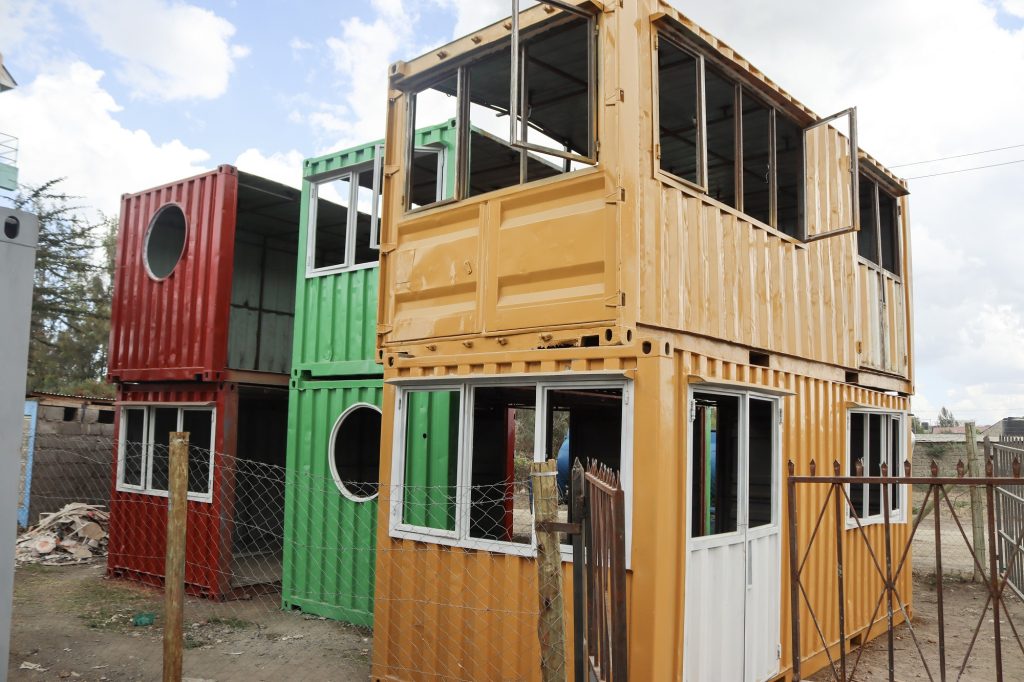Each Saturday we host a child development program with the help of our Case Managers. The program consists of fun activities surrounding a wholesome fresh lunch prepared and served by our cooks. A nurse is on hand to distribute multivitamins and deworming pills regularly and meets with individual children who are ill, referring them to clinics or prescribing treatment as appropriate. The nurse also gives health talks to different age groups. The Saturday Program Coordinator organizes activities geared towards cognitive development and social and physical development. We invite volunteers to support running the activities as well as bring in new ideas. The activities rotate between the following themes;
- Cognitive activities include a book reading and puzzle games
- Olympic athletics which is all about running (which Kenyans are famous for)
- Clubs and talent search including drama, music, and Taekwondo
- Ball games such as soccer and Katie (dodgeball)
- Crazy Olympics. This includes crazy games such as the banana foot pass relay, balloon relay, three-legged relay, and sack relay.
In 2020, we put the Saturday program on hold due to COVID-19. This dealt a big blow to our students as the Saturday program is a good opportunity for kids to build memories, friendship, and sportsmanship, and enjoy a “sumptuous” meal together. We resumed the program in May of 2021 but, despite all the hype, the attendance was very low as most parents and guardians were very cautious about releasing their children due to COVID-19 fears. It was equally challenging for the program coordinators to try to organize activities with less contact and ensure kids observed the Ministry of Health guidelines such as wearing masks. However, as time passed more students attended the program and in this last quarter of the year, we reached over 90% attendance. During the holiday break, we also had a very high attendance of high school students which means we will need a bigger and better field next year.
The August summer camp was also canceled due to Covid-19 and with the change in the school calendar, the Saturday program has now become the new “mini-camp”. The Saturday program has defined the true meaning of the NRCF family as the staff and students come together to share joy and happiness with each other and forget about the hustle and bustle of the slums and city. It is also during the Saturday program that the Case Managers get to do further follow-up on the child’s wellbeing.





